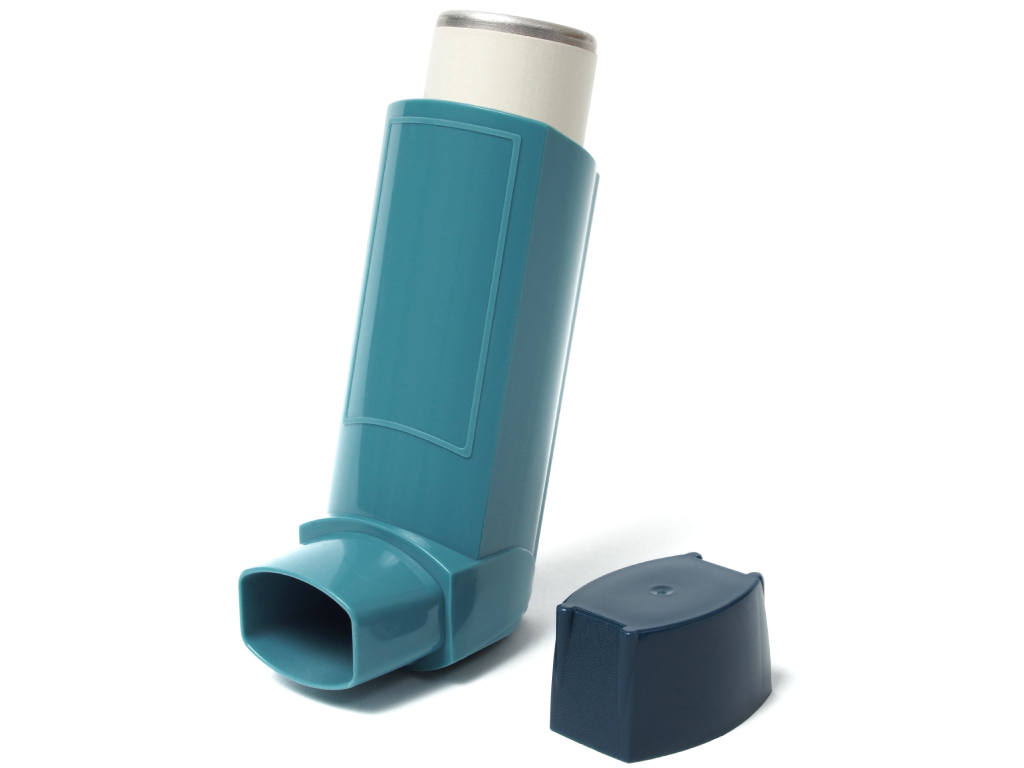Menu
Pfanstiehl’s Inhalation Excipient Solutions for Biologics Formulations are specifically designed for today’s complex inhalation therapeutics.
Inhalation grade excipients are specialized substances used in the formulation of inhalable pharmaceutical products. These excipients must meet stringent quality and purity standards to ensure they are safe and effective for pulmonary administration.
Inhalation delivery systems, such as dry powder inhalers (DPIs), metered dose inhalers (MDIs), and nebulizers, utilize these excipients to improve the stability, delivery, and efficacy of biologic therapeutics.
.

Physical Stability: Excipients like trehalose and mannitol help maintain the structural integrity of biologic molecules during manufacturing, storage, and delivery. This is crucial for proteins which can be sensitive to environmental conditions.
Chemical Stability: Antioxidants protect biologics from oxidative stress, preventing degradation and loss of efficacy.
Aerosol Performance: Surfactants improve the dispersibility of drug particles, ensuring a consistent and efficient aerosol generation. This enhances the delivery of the therapeutic agent to the target site in the lungs.
Particle Size Control: Carriers aid in achieving the optimal particle size distribution for inhalation, ensuring deep lung penetration and effective deposition of the drug.
Isotonicity and pH Adjustment: Salt excipients ensure that inhalation solutions are isotonic, reducing irritation and improving patient comfort. pH buffers maintain the formulation within a suitable pH range, enhancing drug stability and patient tolerance.
Taste Masking: Certain excipients can mask unpleasant tastes associated with some biologic drugs, improving patient adherence to the treatment regimen.
Diverse Delivery Systems: Inhalation grade excipients are adaptable to various inhalation delivery systems, including DPIs, MDIs, and nebulizers. This versatility allows for tailored formulations that meet specific therapeutic needs and patient preferences.
Customizable Profiles: The choice of excipients can be customized to achieve desired release profiles, such as immediate or sustained release, enhancing the therapeutic effect of the biologic agent.
High Purity Standards: Inhalation grade excipients must meet stringent regulatory standards for purity and safety, ensuring that the final product is free from contaminants and safe for pulmonary administration.
Biocompatibility: These excipients are selected for their compatibility with the respiratory system, minimizing the risk of adverse reactions and ensuring a safe therapeutic experience for patients.
Inhalation grade excipients are essential in the formulation of biologic therapeutics for pulmonary delivery. By enhancing stability through mechanisms like cryoprotection, hygroscopicity control, and antioxidation, and by improving delivery performance through optimized particle size, dispersibility, and controlled release, these excipients ensure that biologic drugs are effective, safe, and reliable for treating respiratory and systemic conditions via inhalation.
Pfanstiehl’s Technical Sales Scientists can discuss with you to understand your challenges and provide guidance based on experience and literature reviews to recommend Inhalation Grade Excipients that will best meet your project’s needs.
Trehalose Dihydrate HPLE-LMTM Inhalation Grade
Maltose Monohydrate HPLE-LMTM Inhalation Grade
L-Arginine HPLE-LMTM Inhalation Grade
L-Arginine HCL HPLE-LMTM Inhalation Grade
L-Histidine HPLE-LMTM Inhalation Grade
L-Histidine HCL HPLE-LMTM Inhalation Grade
L-Glutamine HPLE-LMTM Inhalation Grade
L-Methionine HPLE-LMTM Inhalation Grade